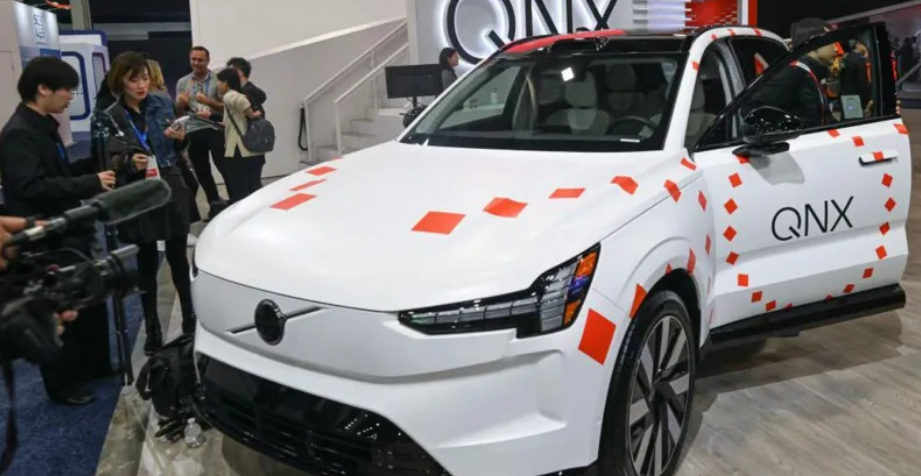Volvo Cars has announced plans to cut approximately 3,000 jobs, mainly in Sweden, as part of a sweeping cost-cutting initiative aimed at weathering a downturn in the global automotive industry.
The layoffs will primarily affect white-collar roles, representing around 15% of the company’s office-based workforce in Sweden. The move is part of an 18 billion Swedish kronor ($1.9 billion) restructuring plan unveiled last month by the automaker, which is owned by Chinese conglomerate Geely Holding.
“This is a challenging period for the entire automotive sector,” said Volvo Cars CEO Håkan Samuelsson. “The actions announced today have been difficult decisions, but they are important steps as we build a stronger and even more resilient Volvo Cars.”
The decision comes amid mounting pressures facing car manufacturers worldwide. A mix of geopolitical trade tensions, rising raw material costs, and sluggish sales across key markets has put the industry on edge. US President Donald Trump’s recent decision to impose 25% tariffs on imported vehicles has further intensified the strain, especially for firms operating globally.
Volvo, which reported an 11% year-on-year drop in global sales for April, is not alone in its struggle. Japanese rival Nissan also announced further layoffs this month, bringing its total job cuts over the past year to about 20,000. Nissan is also shutting down seven factories, following a collapse in its proposed merger with Honda and Mitsubishi.
Volvo, headquartered in Gothenburg, Sweden, with manufacturing plants in Belgium, China, the US, and Sweden, has been facing growing uncertainty in its electric vehicle (EV) ambitions. In 2021, the company pledged to go fully electric by 2030, but scaled back those plans last year, citing the impact of new EV tariffs and shifting global demand.
Meanwhile, competition from Chinese EV manufacturers continues to intensify. BYD, one of China’s leading automakers, recently slashed prices on more than 20 models, including its low-cost Seagull EV, now priced under $8,000. The price war has triggered similar cuts from rivals such as Changan and Leapmotor, putting pressure on global brands to respond.
Tesla, once the undisputed leader in EV sales, is feeling the effects. Data from Jato Dynamics revealed that BYD outsold Tesla in Europe for the first time in April. European registrations of Tesla vehicles nearly halved year-on-year, with sales dropping from 14,230 to just 7,261.
Despite the headwinds, industry leaders insist the transition to electric vehicles remains on track — albeit delayed — as carmakers attempt to balance innovation with financial stability.


